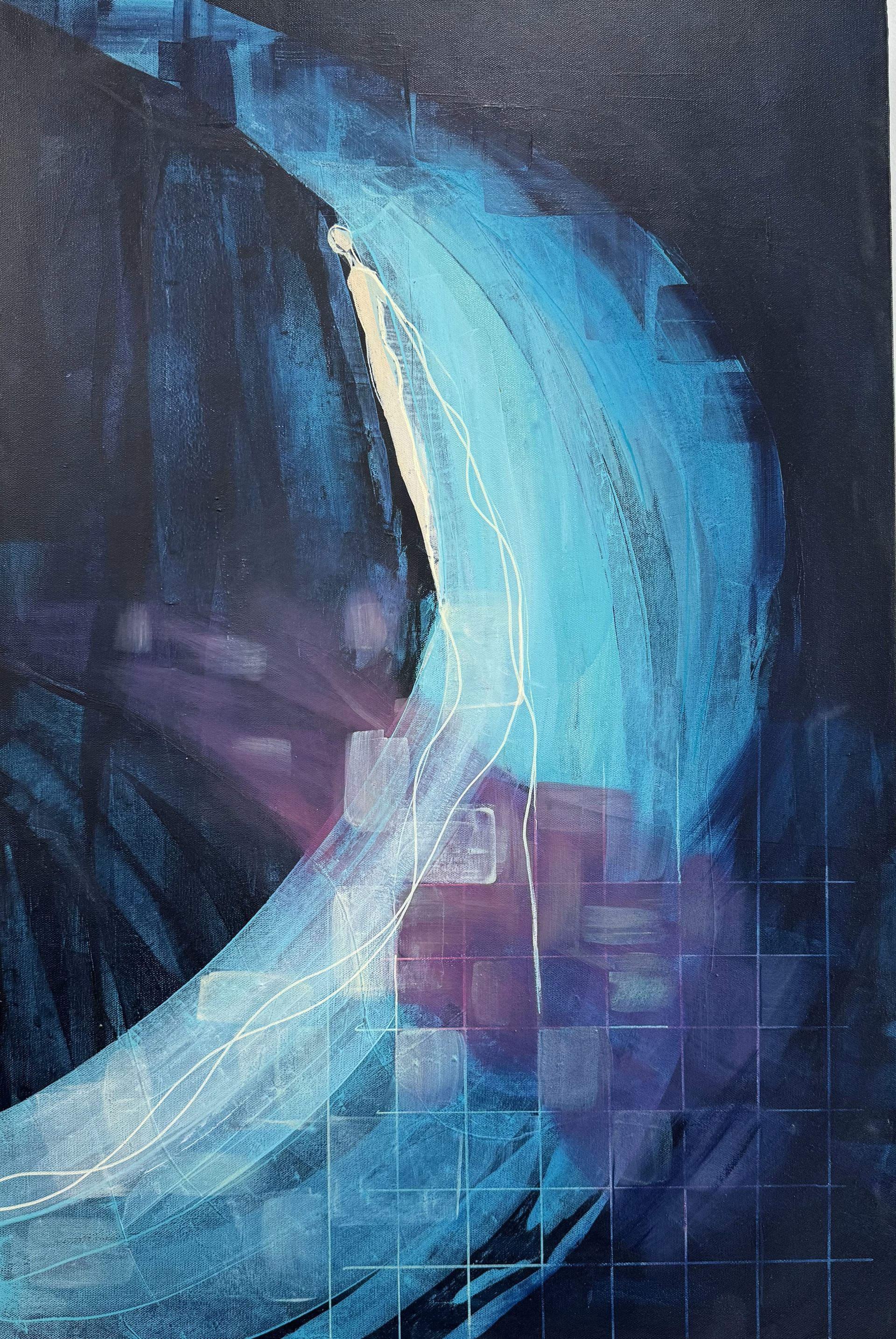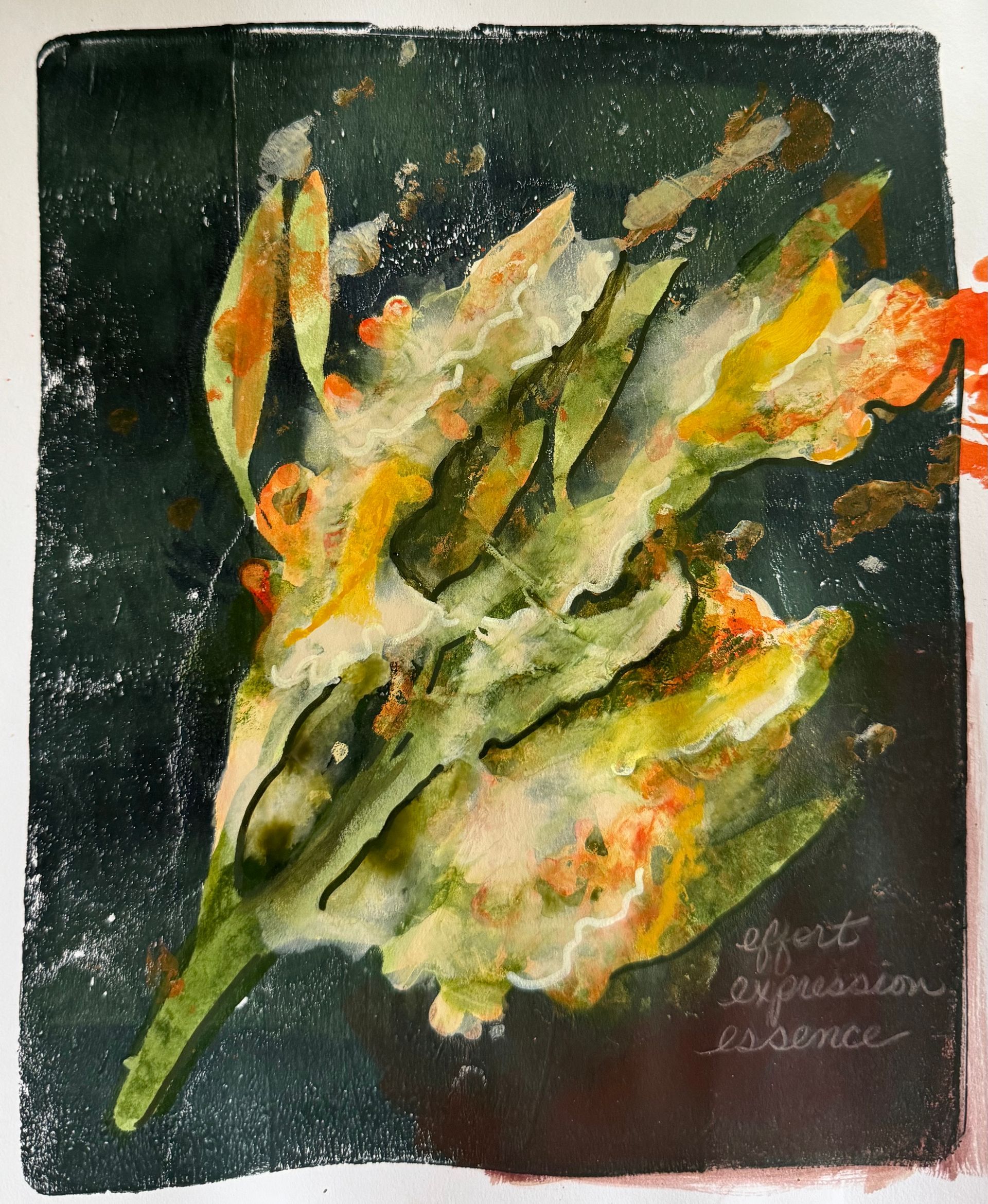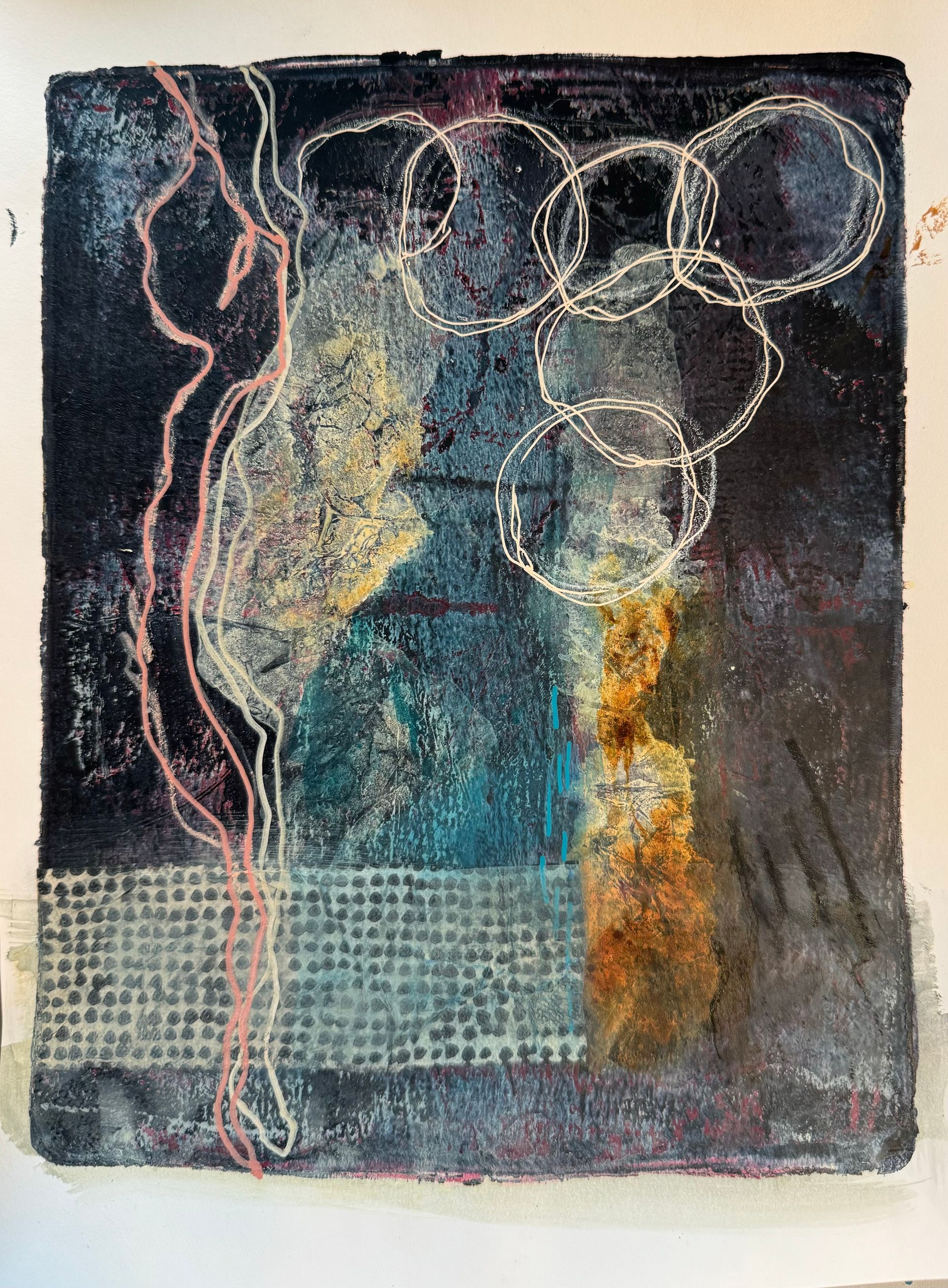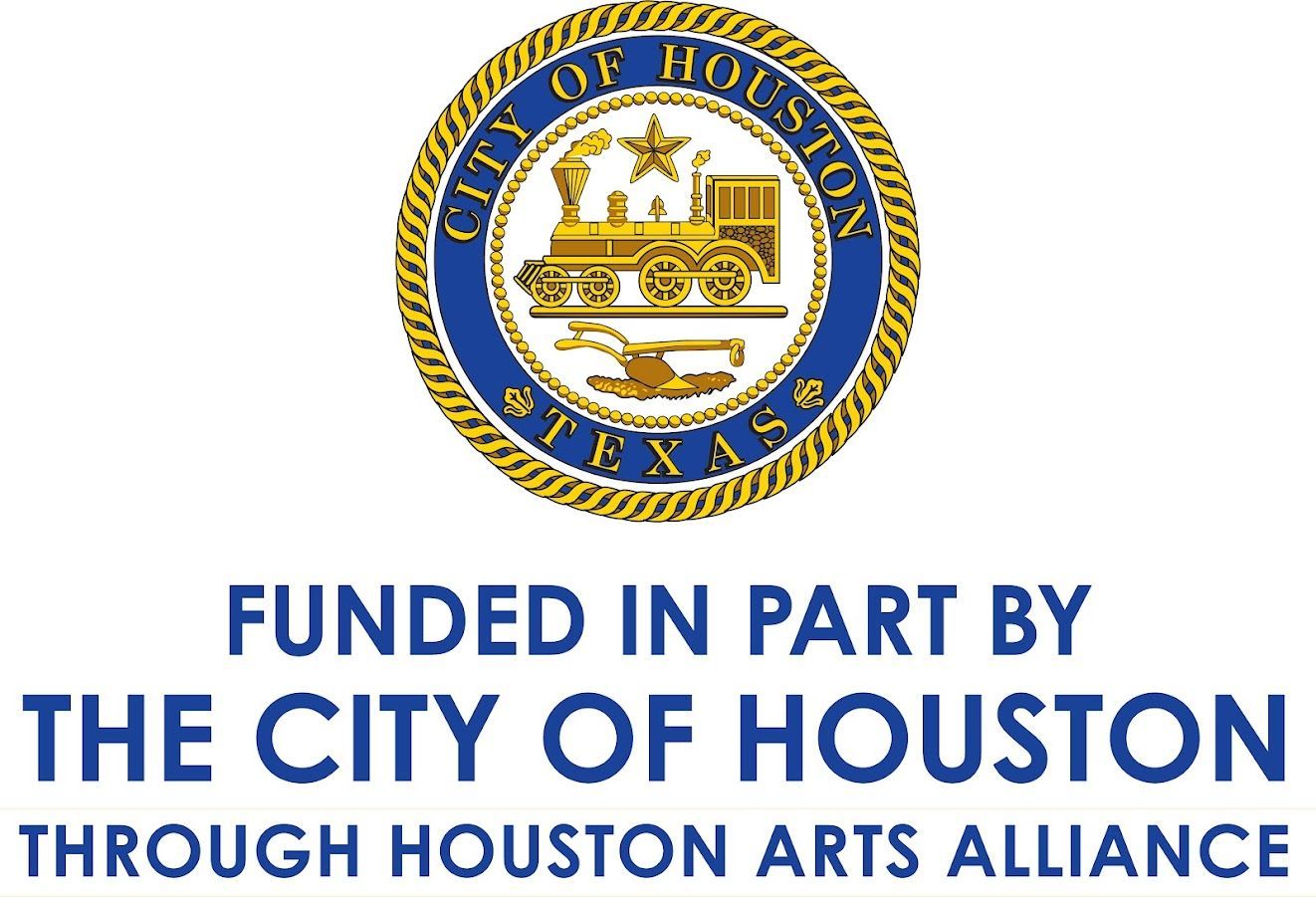The Darkness of the Womb
Real change can only emerge from fierce love
Friends,
This is a sacred week. It doesn't feel that way.
Before sunrise a few days ago, I walked bleary-eyed through the aisles of the grocery store three blocks from my home. Milk for a teenager who blows through a gallon a day if it's around, frozen vegetables, quick things for dinner. Feeling sad, exhausted, and anxious, as I often have in this season in our communal life. So much is at stake this week, and so little will be resolved. Tension will give way to more tension.
In the dairy section, a song lyric from the store's sonic wallpaper broke through my gloom: "A time for love, a time for hate." We've all heard it, likely -- "Turn, Turn, Turn" by The Byrds, from 1965. Before my time, but not by much; it was part of a moment that my ironic generation struggled to relate to. But that song has always affected me. It's based on Ecclesiastes, the book deeply cherished in Jewish and Christian traditions.
It voices a hard human truth, one we struggle to accept. Hate and love are fundamentally human. Killing and healing, too. They are timeless dynamics in society and in each of us.
We live in a brutally polarized time. Brutal because of its rhetorical violence and its inevitably increasing physical violence. But also because of the violence done to each of us by forcing us into inhuman binaries. Half of the country will see election results as a triumph over evil, while the other will see them as the end of democracy.
I have my own politics, of course. They aren't centrist. They are more complex than the binaries of the ballot allow -- like most of us, I bet. Part of me will either grieve or feel a kind of relief when the ballots are counted. A growing part of me will grieve no matter what happens, and will be drawn to despair.
But this time is sacred. A few years ago, the Sikh civil rights activist Valarie Kaur posed a question that continues to grow in power: "Is this the darkness of the tomb, or the darkness of the womb?" It may sound like another binary, but it isn't. It speaks to the life contained within death, to the work of carrying our uncertainty and fear without losing hope, without closing off the possibility of a future that escapes our fiercely defended binaries.
Hope lies in tearing our gaze away from the dangerously hypnotizing spectacle of national politics and bringing it back to what is in the sphere of our responsibility and agency. In refusing to reduce complexity to artificial simplicity. In doing the harder, more powerful work of relating across differences, here, with people in our communities. This is the time for bridging, an idea borrowed from John A. Powell of the Othering and Belonging Institute and an important element of our collaborative work with the American Leadership Forum. When we bridge, we relate with empathy to those whose politics and narratives are far different than ours, without pressing them to convert or change.
There is a time for breaking, too: when our fundamental right to exist is denied or breached. But we are being herded to break with each other by forces that have no interest in preserving our shared humanity.
Our work is to rehumanize each other.
Valarie Kaur tells us that social change movements rooted in anger and grievance are unsustainable. Real change -- in each of us first, and then in our communities -- can only emerge from fierce love. If we stand on love, we allow something unexpected, unplanned, and unbound by our false, violent binaries, to emerge. Something new, and sacred.
With fierce love,
Sean Fitzpatrick, PhD
Executive Director






